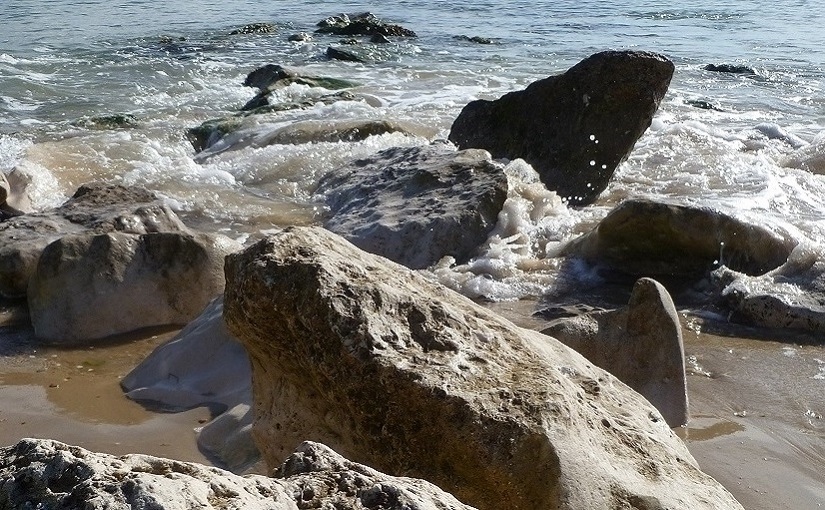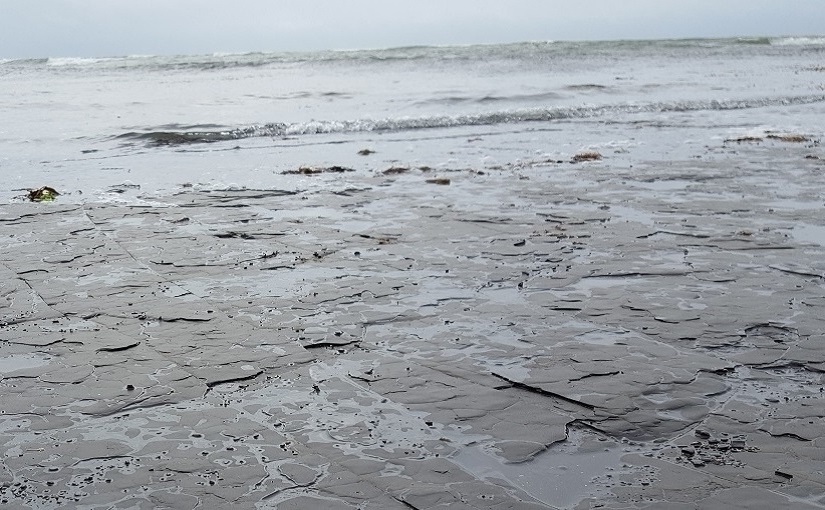The idea of luxury seems to be something we’ve really bought into: that the arc of civilisation is this pursuit of liberation from nature and limitation, as we rise above that to prosperity, freedom and indulgence. As if material gain is the height of progress, the state to which we should all aspire. It seems that’s the model, as we do what we do (see Notes One).
But is this intention in itself questionable? Where did the idea come from that excess, novelty and consumerism are the way to be? It seems both an interesting and important question, given how greatly that assumption is shaping the world around us.
It’s a way of thinking that’s informing our relationship toward nature and one another (Notes Two), careless as we might be with the social and environmental networks that sustain us (Notes Three). This idea that what we’re pursuing is justifiable is surely defining all these actions we’re taking, needs we’re encouraging, and consequences we’re deeming acceptable along that path.
Yet what foundations are we building on? What are these ideas, and are we sure they’re solid, reliable, right? Are they wise and coherent as a whole? Will they succeed and, if so, at what cost?
Because, when we look at modern life, there are clearly costs. There were costs in the past, in terms of the other ways of life that got trampled over to make space for this one. There are costs now, as consumer goods are produced using finite resources and cheap labour for the enjoyment of a fairly small proportion of people.
Then there are the justifications. Some people clearly inherited advantages set up in the past; now holding the power to maintain or improve our systems, to instil them with human values or continue placing gain above all else. If it’s arguable we’re all the same, then justifying these things becomes tricky.
And, of course, all of that’s complicated. It’s the history of ideas, peoples, possibilities and outcomes. It’s legacies: new people, one thing being built upon another until it’s a little hazy who’s responsible (Notes Four). It’s a complex system we all kind of have a stake in, and unpicking it may be almost as risky as ploughing on.
All of which is hard to face up to. It’s a system that seems to feed off our desire for material and social security, tapping into the human psyche to make money then investing that in ever more ingenious ways of achieving the same. After all, do we need luxury? Is it even meaningful if everyone were to have it, or does it only work as a means of differentiation? If that’s so, is there any end in sight to this way of operating?
Sometimes my writing veers off into territories I’d not entirely foreseen; and this is one of those times. But maybe it’s valid, because looking to the grounds – the ideals, moral justifications, and practical foundations – of our way of life must be worth it.
Notes and References:
Note 1: Culture and the passing of time
Note 1: Does it all balance out?
Note 2: At what cost, for humans & for nature
Note 2: Waste and consumer choices
Note 3: Living the dream
Note 3: Money as a pivot of matter & intention
Note 3: Selective intelligence in what we do
Note 4: History as a process of changes
Note 4: Ways of living & those who suffer
Turning to literature, Writings on Education, “Small is Beautiful” & “Education’s End” all explored the importance of the ideas on which we stand.










